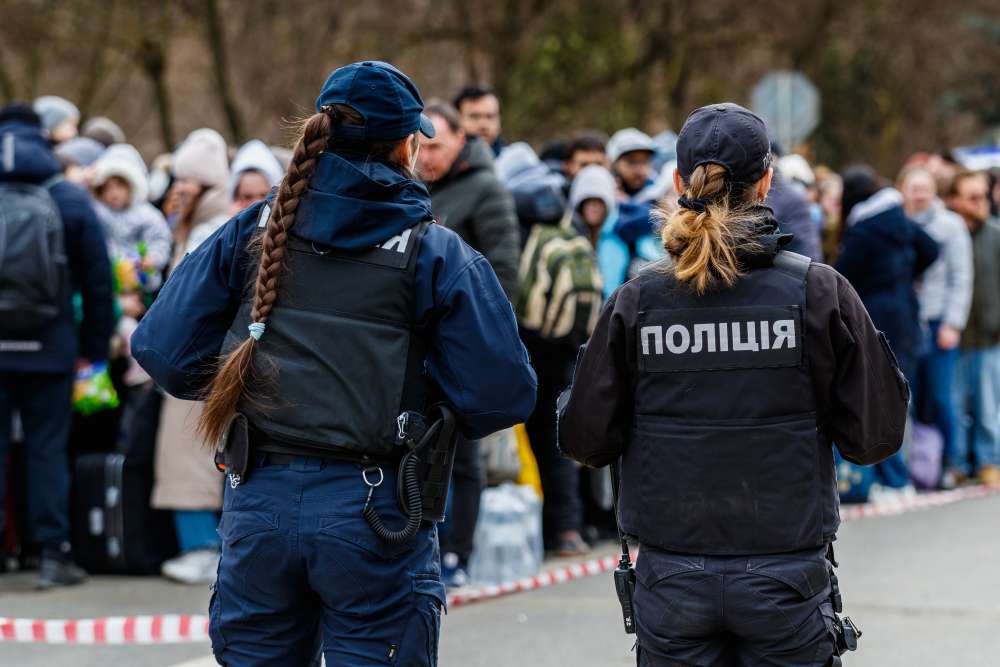Gender-Sensitive Capacity-Building for Ukraine’s Civilian Security Sector

The police and emergency services play a crucial role in bolstering Ukraine’s resilience against Russia’s aggression. They provide vital community services and care for people in danger. To improve their capacity in a gender-sensitive and inclusive way, it is important that international supporters provide them with resources to care for the psychological health of their employees, support the training of civil security sector personnel on issues of human rights, gender equality, and inclusion, and strengthen public organizations that cooperate with the civilian security sector and provide it with educational and legal assistance.
This policy brief emphasizes the importance of strengthening the capacity of the State Emergency Service and the National Police of Ukraine by improving gender equality and inclusion for people with disabilities, both within internal structures and in these institutions’ work with the population. The recommandations focus on improving the working conditions of male, female and queer employees, training them in professional non-discrimination skills and soft skills, and strengthening the third sector as the main partner and driver of change in the civil security sector.
The full brief is available for download in English and Ukrainian.
This is the sixth policy brief in our series“Feminist Perspectives for Supporting Ukraine.” The corresponding project is supported by the Stabilisation Platform, which is funded by the German Federal Foreign Office. It also builds on GPPi’s previous research on the conflict in Ukraine and feminist foreign policy.
About the author: Hanna Hrytsenko is a sociologist, independent researcher of far-right movements and expert on the gendered aspects of the war in Ukraine. She lives in Kyiv. She is the author of a chapter in the book “Gender, Religion and Nationalism in Ukraine” (2012) and co-author of the two studies “Invisible Battalion” (2016) on the participation of women in the war in eastern Ukraine and “Invisible Battalion 2.0: The Return of Veterans to a Peaceful Life”.







